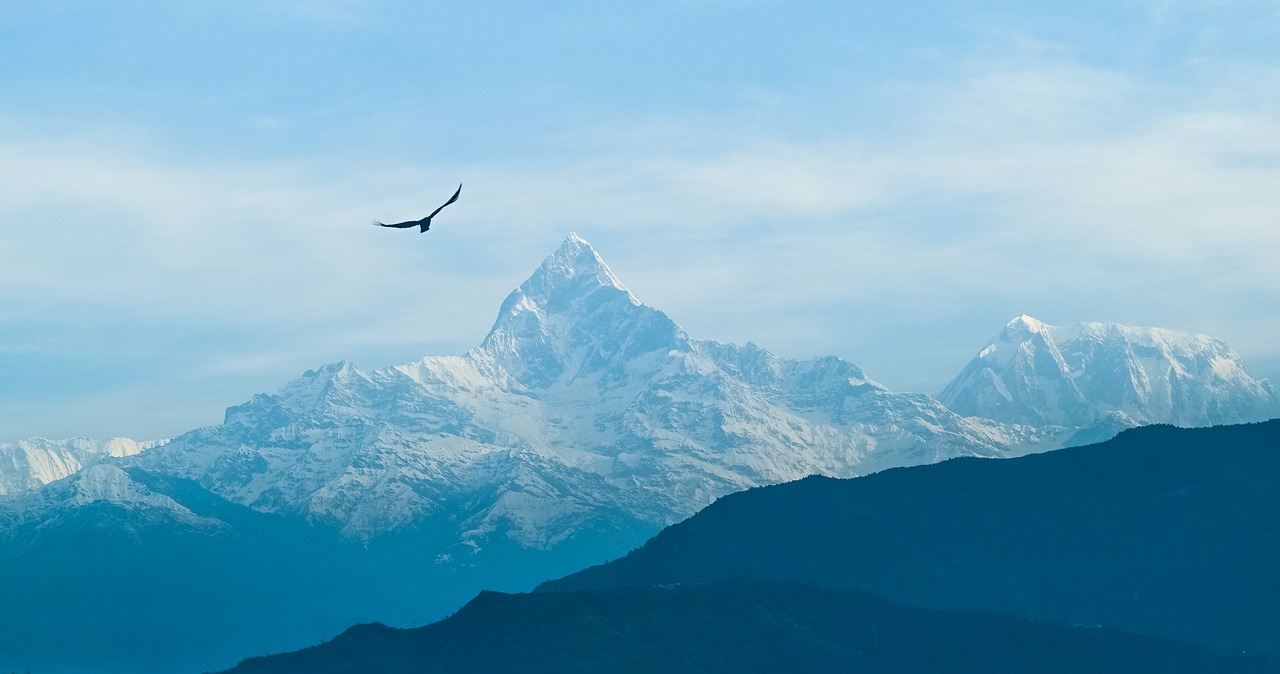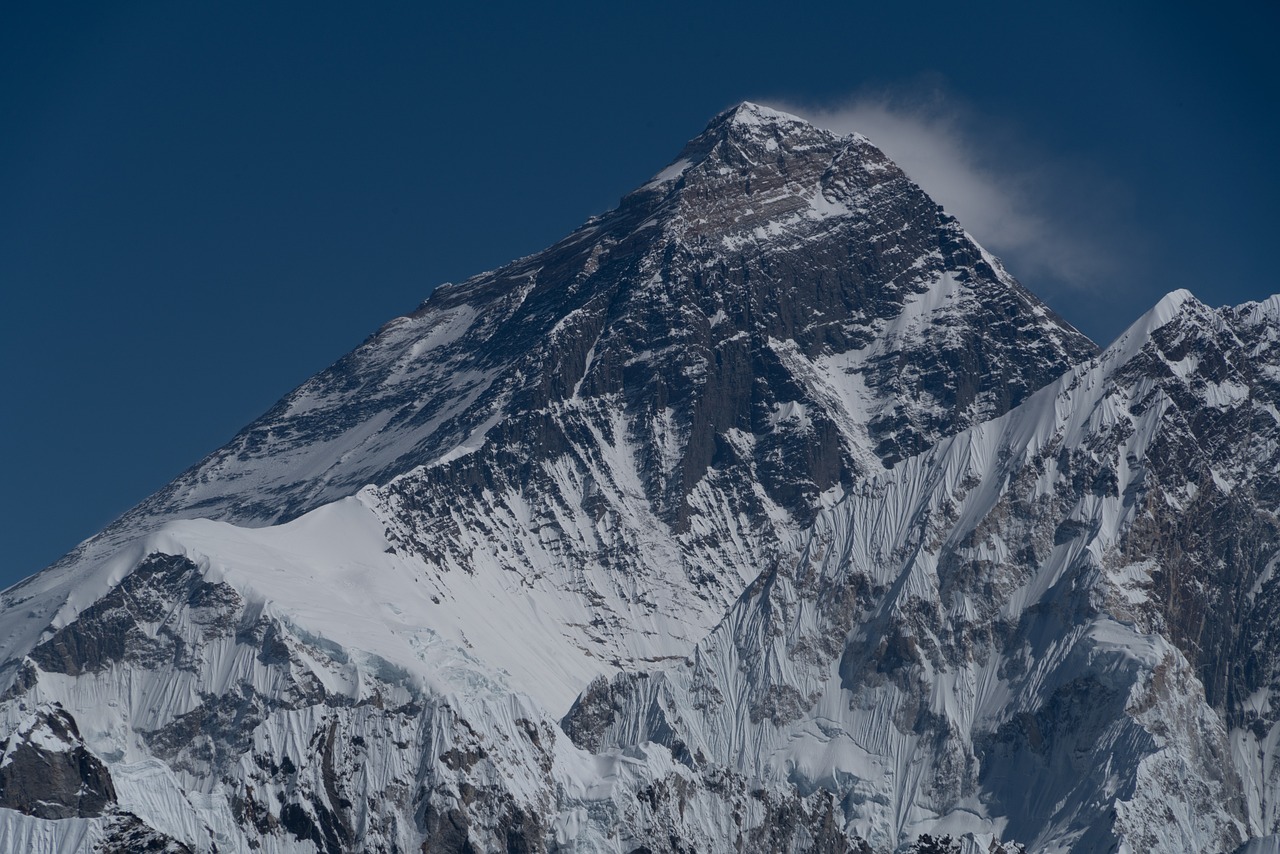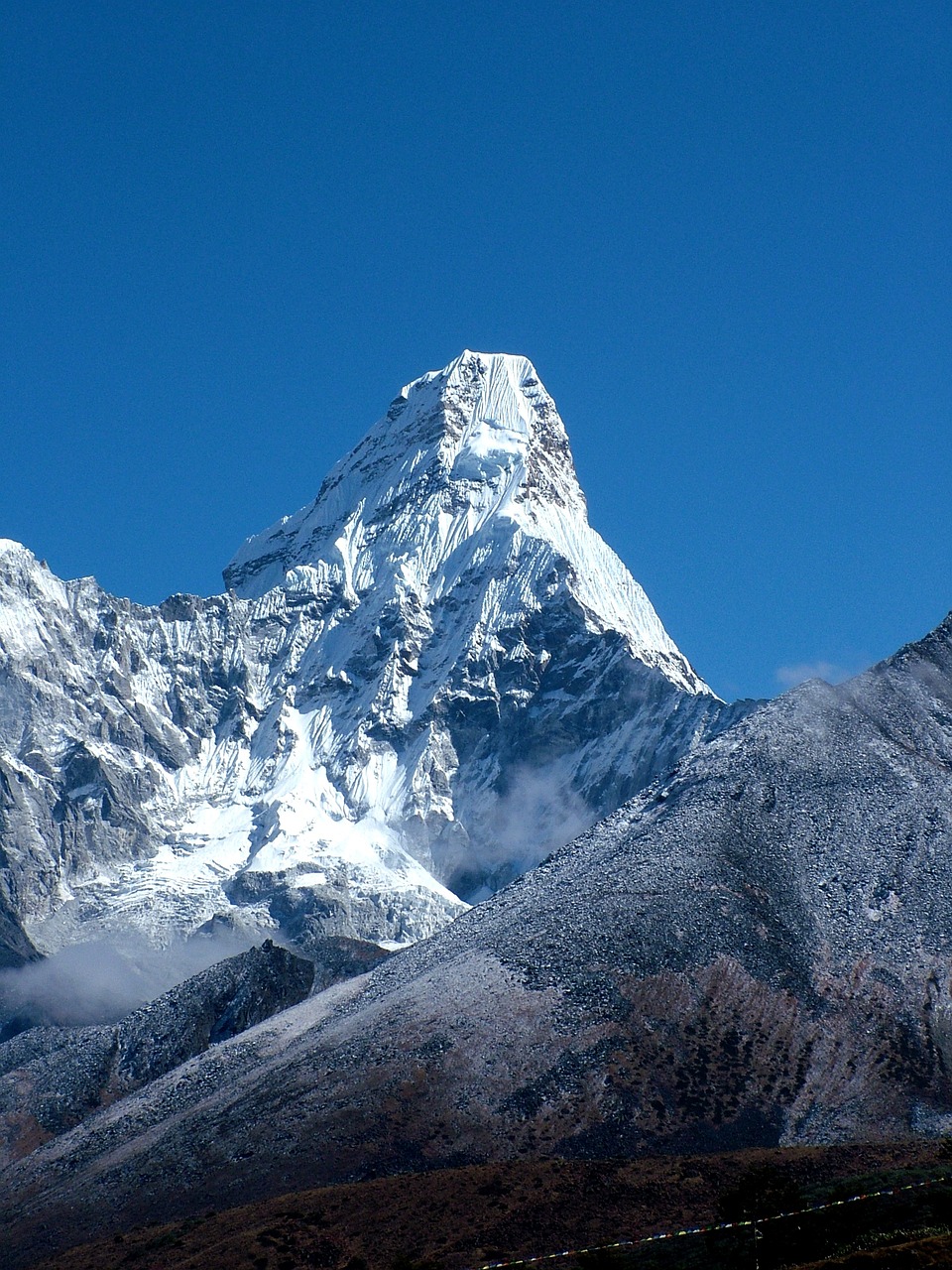Visa and Stay Regulations for Digital Nomads in Nepal
Nepal is a country known for its stunning landscapes, rich cultural heritage, and warm hospitality. It has become an attractive destination for digital nomads seeking a unique and inspiring environment to live and work remotely. If you’re considering Nepal as your next digital nomad destination, it’s important to understand the visa and stay regulations to ensure a smooth and legal stay. This article will guide you through the process and provide you with all the necessary information.
Visa Types
- Tourist Visa: The Tourist Visa is the most common visa for digital nomads visiting Nepal. It allows you to stay in the country for up to 150 days in a calendar year. You can obtain a Tourist Visa either upon arrival at the Tribhuvan International Airport in Kathmandu or at any land border crossing.
- Non-Tourist Visa: If you plan to stay in Nepal for a longer period, you’ll need to apply for a Non-Tourist Visa. This type of visa includes Business Visa, Work Visa, or Study Visa. Each visa has specific requirements and duration of stay, so make sure to choose the appropriate one based on your purpose of visit.
Tourist Visa Requirements
- Passport: Your passport must be valid for at least six months from the date of entry into Nepal.
- Visa Application Form: You’ll need to fill out a visa application form upon arrival at the airport or border crossing. The form is available at the immigration counter.
- Visa Fee: The visa fee varies depending on the duration of your stay. As of 2021, the fee for a 15-day visa is USD 30, while a 30-day visa costs USD 50. For a 90-day visa, you’ll need to pay USD 125.
- Passport-Sized Photo: Prepare two passport-sized photos to submit with your visa application form.
- Proof of Onward Travel: You may be asked to provide proof of your onward travel, such as a return ticket or travel itinerary.
Extending Your Stay
- Visa Extension: If you wish to extend your stay beyond the initial visa period, you can apply for a visa extension at the Department of Immigration in Kathmandu or the Immigration Office in Pokhara. The extension fee is USD 3 per day for the first 30 days and USD 2 per day thereafter.
- Visa Overstay: It’s important to adhere to the visa regulations and avoid overstaying your visa. Overstaying can result in fines and other penalties, so make sure to extend your visa or leave the country before your visa expires.
Working as a Digital Nomad
- Business Visa: If you plan to work remotely or engage in business activities while in Nepal, you’ll need to apply for a Business Visa. This visa allows you to work legally in the country and is valid for one year. The requirements for a Business Visa may include a letter from your employer, a business plan, and proof of financial stability.
- Work Visa: If you’re planning to work for a Nepali company or organization, you’ll need to obtain a Work Visa. The company or organization will usually assist you in the visa application process.
Health Insurance and Safety
- Health Insurance: It’s highly recommended to have comprehensive health insurance that covers medical expenses and emergency evacuation while staying in Nepal. Medical facilities in remote areas may be limited, so having adequate insurance is essential.
- Safety Precautions: Nepal is generally a safe country for travelers, but it’s always important to take necessary precautions. Be aware of your surroundings, avoid walking alone at night, and follow the advice of local authorities.
Accommodation and Cost of Living
- Accommodation Options: Nepal offers a wide range of accommodation options for digital nomads. From guesthouses and hostels to serviced apartments and luxury hotels, you’ll find something that suits your preferences and budget.
- Cost of Living: Nepal is known for its affordability, and the cost of living is relatively low compared to many other countries. Accommodation, food, transportation, and entertainment are generally affordable, allowing digital nomads to enjoy a comfortable lifestyle on a reasonable budget.
Transportation
- Taxis and Rideshares: Taxis and rideshares are widely available in major cities like Kathmandu and Pokhara. It’s advisable to negotiate the fare or use a rideshare app to ensure a fair price.
- Public Transportation: Public buses and microbuses are the most common mode of transportation in Nepal. They are affordable but can be crowded and less comfortable than private vehicles.
Exploring Nepal
- Cultural Sites: Nepal is home to numerous UNESCO World Heritage Sites, including the Kathmandu Durbar Square, Pashupatinath Temple, and Bhaktapur Durbar Square. These sites offer a glimpse into Nepal’s rich cultural heritage.
- Natural Beauty: From the majestic Himalayas to lush national parks and serene lakes, Nepal is a paradise for nature lovers. Popular destinations include Everest Base Camp, Annapurna Circuit, Chitwan National Park, and Pokhara’s Phewa Lake.
Nepal Image 1:

Visa Renewal and Departure
- Visa Renewal: If you wish to extend your stay in Nepal beyond the visa validity, you’ll need to renew your visa. Consult the Department of Immigration for the latest regulations and requirements.
- Departure: When leaving Nepal, ensure that you have a valid exit visa or an endorsed visa in your passport. Failure to comply with exit requirements may result in fines or difficulties when re-entering the country in the future.
Nepal Image 2:

Conclusion
Nepal offers an enchanting blend of natural beauty, cultural heritage, and a welcoming environment for digital nomads. Understanding the visa and stay regulations is crucial to ensure a hassle-free and enjoyable experience in this vibrant country. By following the guidelines outlined in this article, you can navigate the visa process, extend your stay if needed, and make the most of your time as a digital nomad in Nepal.
Nepal Image 3:

References
- Department of Immigration Nepal: www.immigration.gov.np
- Ministry of Foreign Affairs Nepal: www.mofa.gov.np
- Tourism Board of Nepal: www.welcomenepal.com


